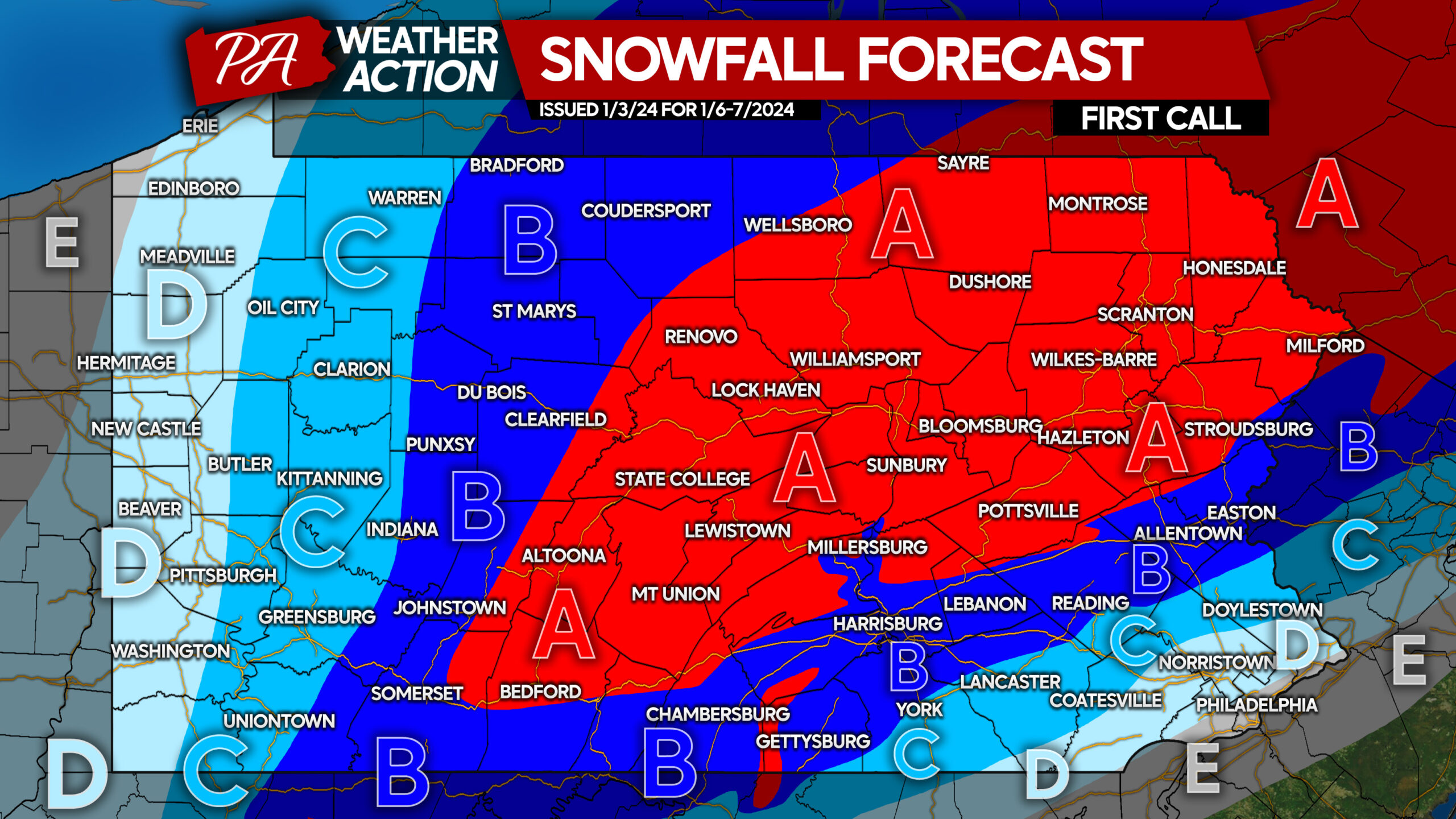Snow Forecast: Your Ultimate Guide To Predicting Snowfall - Snow forecast models are computer simulations that predict weather patterns based on current data and historical trends. Some of the most widely used models include: Whether you're a skier looking for fresh powder or a commuter trying to avoid icy roads, accurate snow forecasts are invaluable. This guide will cover everything you need to know about snow forecasts, from the basics to advanced techniques, ensuring you're well-prepared for the winter season.
Snow forecast models are computer simulations that predict weather patterns based on current data and historical trends. Some of the most widely used models include:
Weather Madness Updated Snow Map for the Snow Tonight into Thursday
Satellite imagery offers a broader view of weather patterns across large regions. It helps meteorologists identify developing storm systems and track their progression. Satellite data complements radar information, providing a comprehensive understanding of atmospheric conditions.
Snow forecasts are particularly important for regions that experience heavy snowfall regularly. They help in planning road maintenance, ensuring public safety, and organizing outdoor activities. Understanding the basics of snow forecasting can empower you to make informed decisions during the winter months.
In mountainous regions, snow forecasts are influenced by elevation and terrain. Higher elevations typically receive more snowfall, while valleys may experience less accumulation. Localized weather patterns, such as orographic lift, enhance snowfall in certain areas.
Each model has its strengths and limitations, and meteorologists often compare results from multiple models to improve forecast accuracy.
As winter approaches, understanding snow forecast becomes crucial for both outdoor enthusiasts and those planning their daily routines. Snowfall prediction is not just about knowing whether it will snow but also about preparing for its potential impacts on travel, safety, and daily life. In this article, we'll dive deep into the science behind snow forecasting, how it works, and the tools you can use to stay informed.
To enhance the accuracy of snow forecasts, meteorologists rely on:
For winter sports enthusiasts, accurate snow forecasts are essential for planning activities. Skiers, snowboarders, and snowmobilers rely on detailed forecasts to find the best conditions for their pursuits. Snow forecasts help ensure a safe and enjoyable experience on the slopes.
Several key components are considered when creating a snow forecast:
Stay ahead of the weather with reliable snow forecast data. By understanding how meteorologists predict snowfall and the factors that influence it, you can make better decisions and stay safe during the coldest months of the year.

Long-term snow forecasts, often referred to as seasonal forecasts, predict snowfall trends over several months. These forecasts consider large-scale climate patterns, such as El Niño and La Niña, to provide a general outlook for the winter season. While less precise than short-term forecasts, they offer valuable insights for long-range planning.